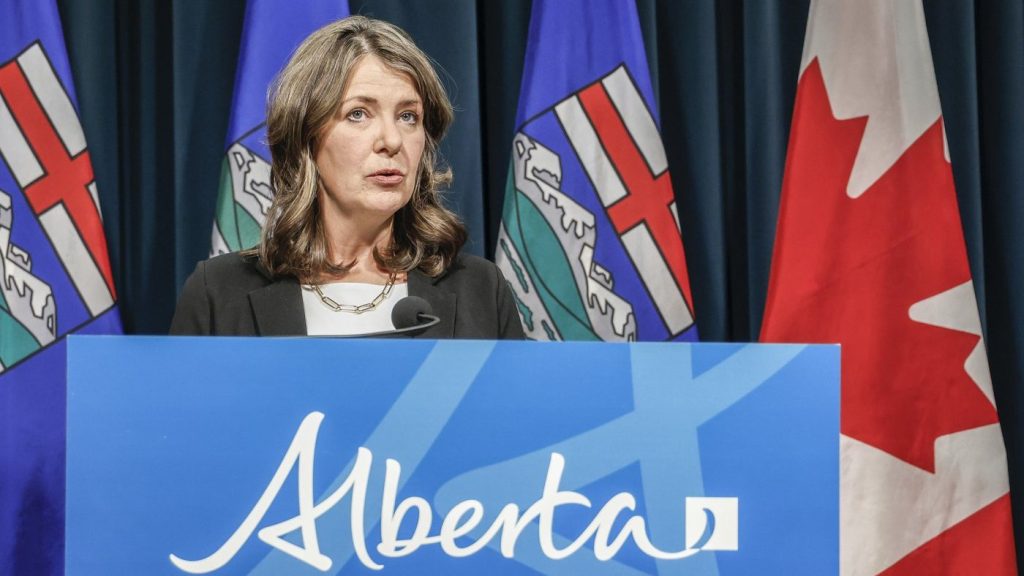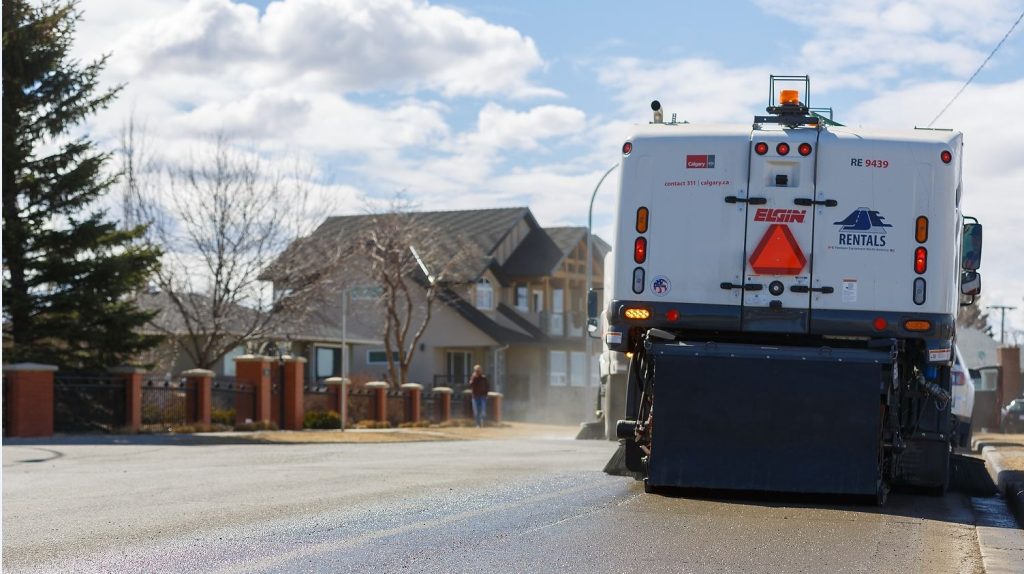BIPOC women facing disproportionate mental health struggles

Posted Nov 15, 2021 7:24 am.
Last Updated Nov 15, 2021 2:10 pm.
Canadians’ mental health is declining across the board, but a doctor says this is especially true for women of colour.
Dr. Rachael Toledano says over the course of the pandemic, the BIPOC community faced disproportionate barriers in the workplace, experience higher rates of mental health struggles.
“The demand during the pandemic has been literally, I could say, 100-fold,” said Toledano.
On top of that, mental health support that resonates with and is truly helpful for this population… is much harder to find.
Ebony Goodenis a deaf Black woman, experiencing a struggle not many understand. She tells CityNews she tried to contact the suicide helpline in 2019, but text lines were busy and agencies that provide people in crisis help were getting back to her hours–or in some cases days–later.
RELATED:
-
COVID-19 has set back socio-economic gains, survey shows
-
Calgary Distress Centre expands text crisis line as suicide calls up
-
Extroverts managing pandemic better than introverts: study
Goodenis says because of a lack of help, she carries an “ever-growing bag of unprocessed pain, grief, and trauma.”
Right now, she’s looking for a Black, deaf, female therapist, or a Black interpreter to bring to a female therapist who is Black. And finding a Black interpreter has not been possible, adding to her trauma.
She spoke about this at the anti-racism platform hosted by the City of Calgary on July 7 which addressed systemic racism.
Goodenis says without finding a counsellor who is Black, she fears being manipulated and gaslit.
On top of this difficult search, she would need to pay an interpreter and a therapist. Gooden says there needs to be more financial support for Black people who are disabled in mental health care to address pain, which, for her, is “crippling to carry every single day.”
RELATED:
-
Quality of life in Calgary drops during pandemic: report
-
International conflicts compounding impacts of COVID-19 on mental health: psychologists
-
Anxiety, depression in kids double during pandemic; teens, girls most at risk: study
“We’re just trying to facilitate and help support women who have been really impacted by the pandemic,” said Toledano.
A cross-Canada initiative wants to create solutions. InkBlot Therapy is providing 10,000 hours of free therapy this year, focusing on women of colour. Clients can specify their individual needs.
“Your cultural preferences, specializations, language preferences, time and date preferences.”
Funded by Green Shield, any woman in Canada over 18 can access this service, which hopes to address this growing, systemic issue.
-With files from Kayla Bruch, CityNews








